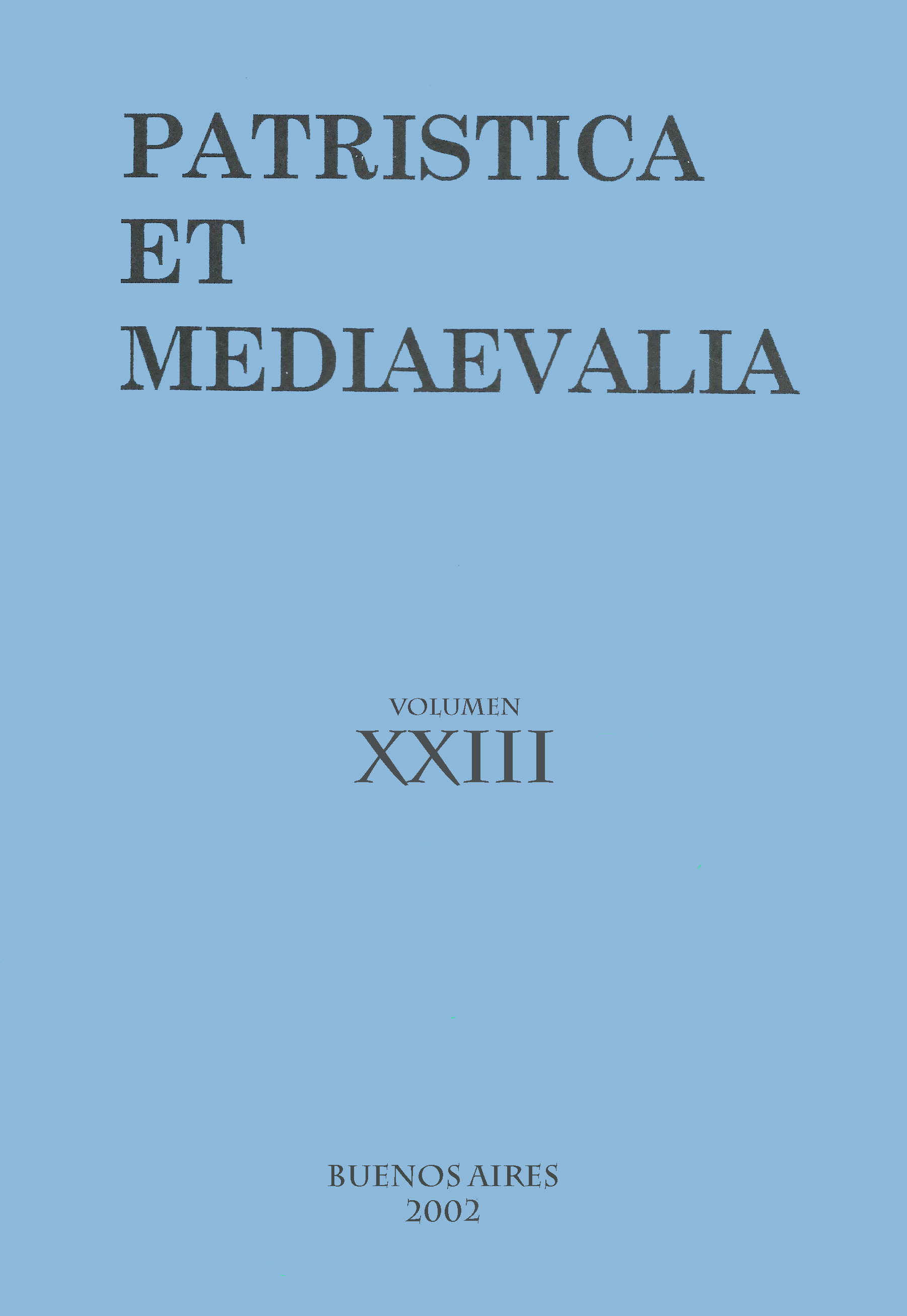Dialectic of Intellect and Will in the Knowledge that the Soul has of Itself
Abstract
The paper discusses St. Thomas Aquinas’ thought on the relationship between intellect and will in the act of speculatively knowing the spiritual nature of the human soul. It is claimed that the influence of Christian sources, particularly St. Augustine, allows Aquinas to conceive reflective knowledge originally. In it the will would not only influence the exercise of the intellect, but also its specification. Thus, the will’s adherence to certain objects would condition judgement about the nature of the ultimate operational principle of reflection. Knowledge of the self as spiritual subject would formally resolve itself into free willing.Downloads
References
Fabro, C. (1958). Coscienza e autocoscienza dell’anima, Doctor Communis, 11, 112-125.
Fabro, C. (2008). Opere complete di Cornelio Fabro, a cura di C. Ferraro, Vol. 6, Percezione e Pensiero. Roma: ED.IVI - Istituto del Verbo Incarnato.
Gilson, E. (1948). L’esprit de la philosophie médiévale. Paris: Vrin.
Gilson, E. (1948). Introduction à l’étude de Saint Augustin. Paris: Vrin.
Przywara, E. (1984). San Agustín. Madrid: Ediciones Cristiandad.
1. The authors who publish in this magazine accept the following conditions:
-
They retain the copyright and grant to the magazine the right of the first publication, with the work registered under the Attribution-ShareAlike 4.0 International License that allows third parties to use what is published as long as they mention the authorship of the work and the first publication in this magazine.
-
They can make other independent and additional contractual agreements for the non-exclusive distribution of the version of the article published in this magazine (eg. include it in an institutional repository or publish it in a book) provided that they clearly indicate that the work was first published in this journal.
-
They are allowed and recommended to publish their work on the Internet (for example on institutional or personal pages).
2. AutoArchive Conditions. Authors are allowed and encouraged to distribute post-print electronic versions of their manuscripts because it promotes their circulation, a possible increase of quotation and a major reach among the Academic community. Color RoMEO: blue.













